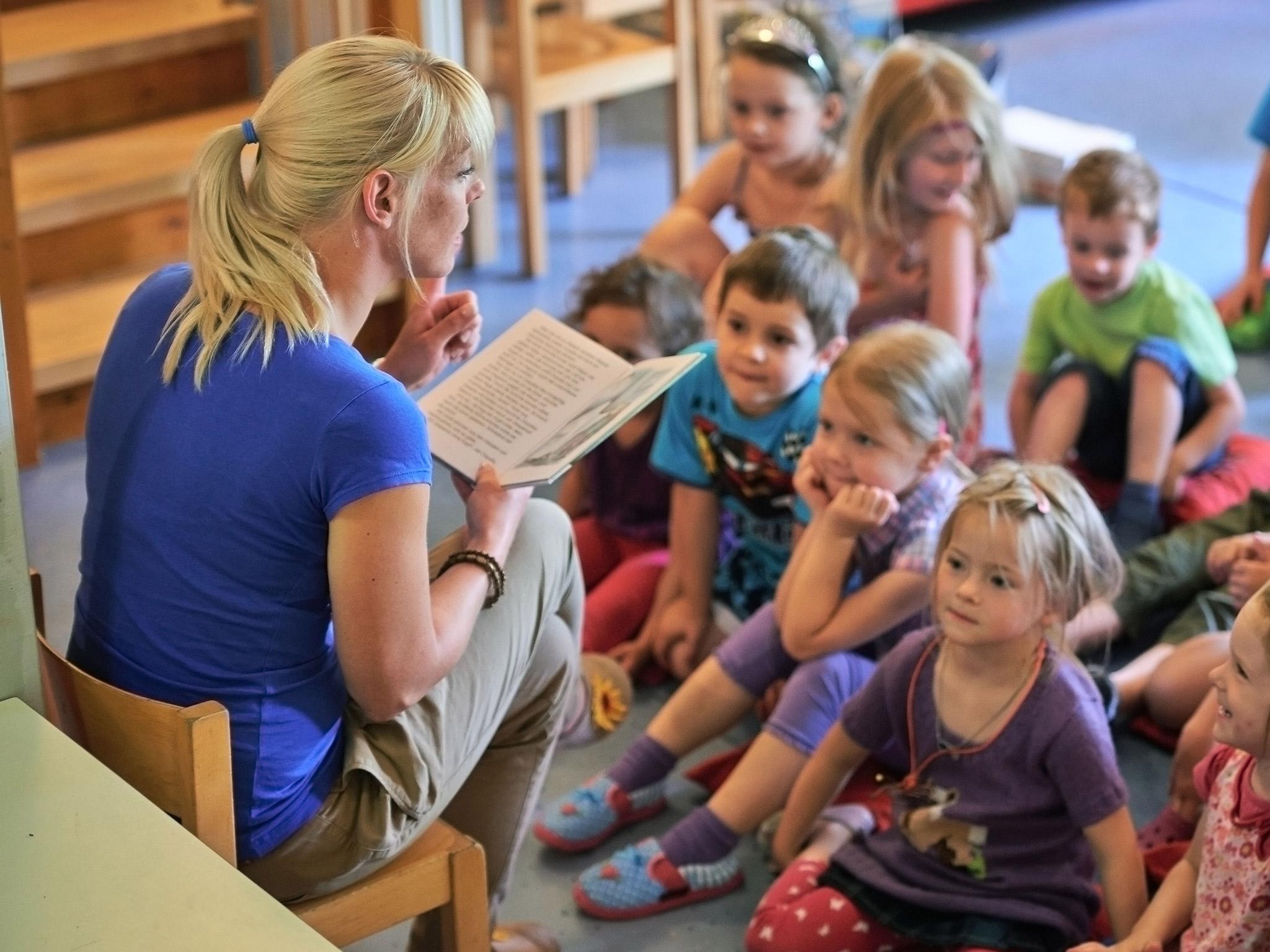Full provision of free childcare would boost the economy
For many households the cost of care can amount to a second mortgage or rental payment every month

Your support helps us to tell the story
From reproductive rights to climate change to Big Tech, The Independent is on the ground when the story is developing. Whether it's investigating the financials of Elon Musk's pro-Trump PAC or producing our latest documentary, 'The A Word', which shines a light on the American women fighting for reproductive rights, we know how important it is to parse out the facts from the messaging.
At such a critical moment in US history, we need reporters on the ground. Your donation allows us to keep sending journalists to speak to both sides of the story.
The Independent is trusted by Americans across the entire political spectrum. And unlike many other quality news outlets, we choose not to lock Americans out of our reporting and analysis with paywalls. We believe quality journalism should be available to everyone, paid for by those who can afford it.
Your support makes all the difference.The cost of childcare is almost uniquely high in the UK among Western nations – only Ireland charges comparable rates for two- and three-year-olds in full-time day care. It is a drag on our economy and a drain on family budgets. For many households the cost of care for their young members can amount to a second mortgage or rental payment every month.
Aware of the role that good-quality and affordable care plays in bringing parents, and especially women, into the workforce, the Conservative Government committed to providing 30 hours free of charge for every pre-school child aged three and above. It was another example of a fag-packet calculation: while the policy was right-headed, it was never deliverable.
As we report, 41,300 children are missing out on free places because there are not enough nurseries or childminders with which to place them. Just 45 per cent of councils report sufficient childcare available for parents who work full time, despite their obligations to make sure there are enough places under the Childcare Act 2006.
Where free provision is not available, parents face a difficult choice: invest up to a third of the average salary in continuing to pay, or spend less time at work. Both pose risks to a family’s finances, and with house prices also rising, mean that those on medium or low incomes are even more likely to require income support through tax credits or housing benefit.
So there is little comfort to be drawn from the fact that, according the Family and Childcare Trust’s annual survey, inflation of such costs is slowing slightly. There are urgent lessons that must be learnt from nations such as Norway, Denmark and Sweden over how to provide safe, affordable childcare that frees parents to play their part in boosting the national economy.
Join our commenting forum
Join thought-provoking conversations, follow other Independent readers and see their replies
Comments